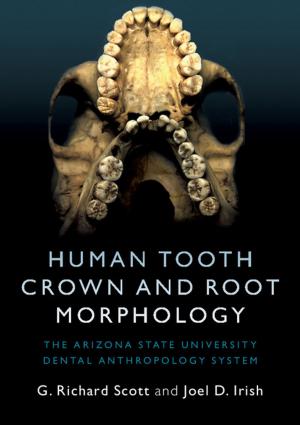Human Capital and Institutions
A Long-Run View
Nonfiction, History, Modern, 20th Century, Business & Finance| Author: | ISBN: | 9780511699382 | |
| Publisher: | Cambridge University Press | Publication: | August 17, 2009 |
| Imprint: | Cambridge University Press | Language: | English |
| Author: | |
| ISBN: | 9780511699382 |
| Publisher: | Cambridge University Press |
| Publication: | August 17, 2009 |
| Imprint: | Cambridge University Press |
| Language: | English |
Human Capital and Institutions is concerned with human capital in its many dimensions and brings to the fore the role of political, social, and economic institutions in human capital formation and economic growth. Written by leading economic historians, including pioneers in historical research on human capital, the chapters in this text offer a broad-based view of human capital in economic development. The issues they address range from nutrition in pre-modern societies to twentieth-century advances in medical care; from the social institutions that provided temporary relief to workers in the middle and lower ranges of the wage scale to the factors that affected the performance of those who reached the pinnacle in business and art; and from political systems that stifled the advance of literacy to those that promoted public and higher education. Just as human capital has been a key to economic growth, so has the emergence of appropriate institutions been a key to the growth of human capital.
Human Capital and Institutions is concerned with human capital in its many dimensions and brings to the fore the role of political, social, and economic institutions in human capital formation and economic growth. Written by leading economic historians, including pioneers in historical research on human capital, the chapters in this text offer a broad-based view of human capital in economic development. The issues they address range from nutrition in pre-modern societies to twentieth-century advances in medical care; from the social institutions that provided temporary relief to workers in the middle and lower ranges of the wage scale to the factors that affected the performance of those who reached the pinnacle in business and art; and from political systems that stifled the advance of literacy to those that promoted public and higher education. Just as human capital has been a key to economic growth, so has the emergence of appropriate institutions been a key to the growth of human capital.















